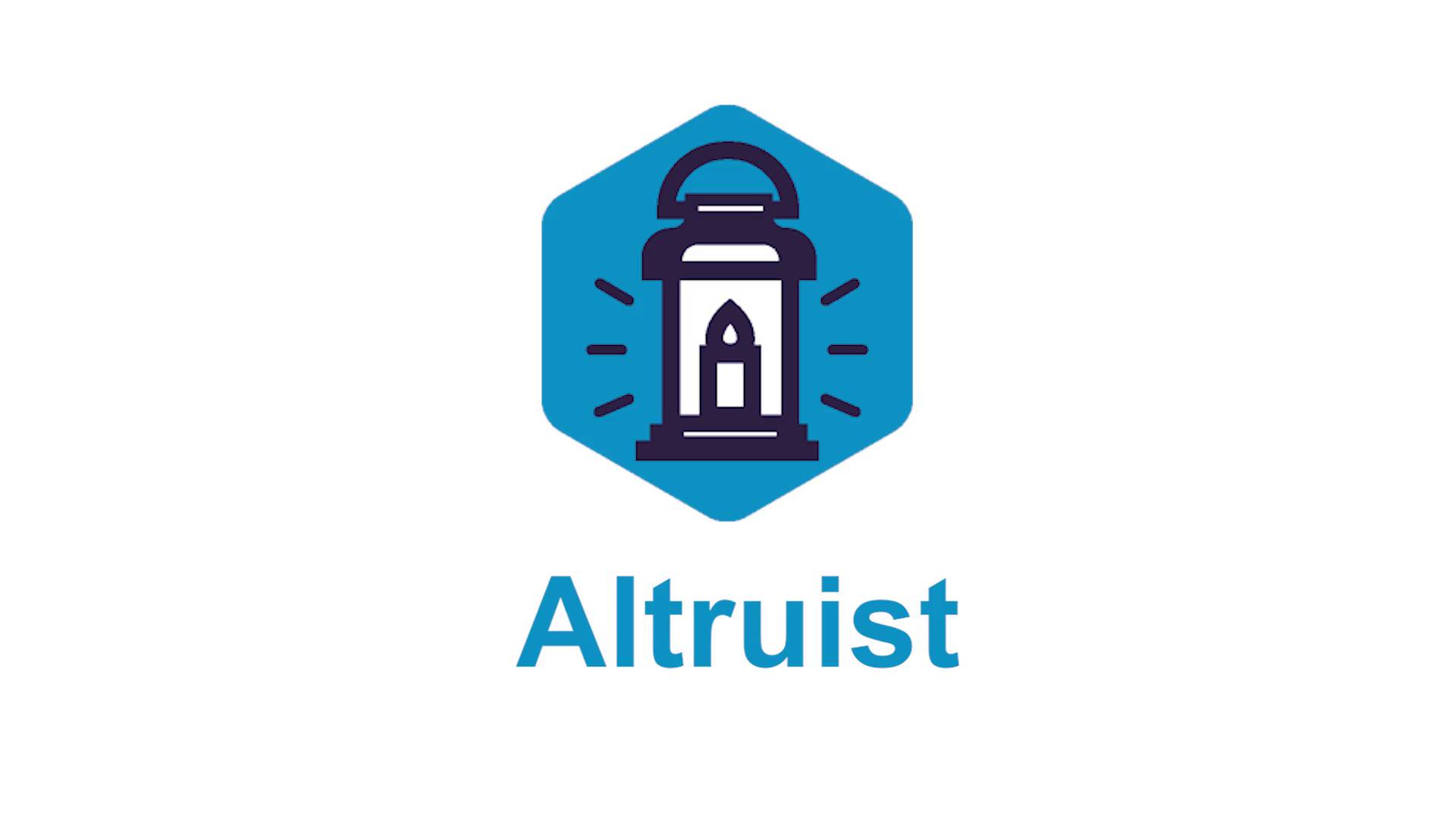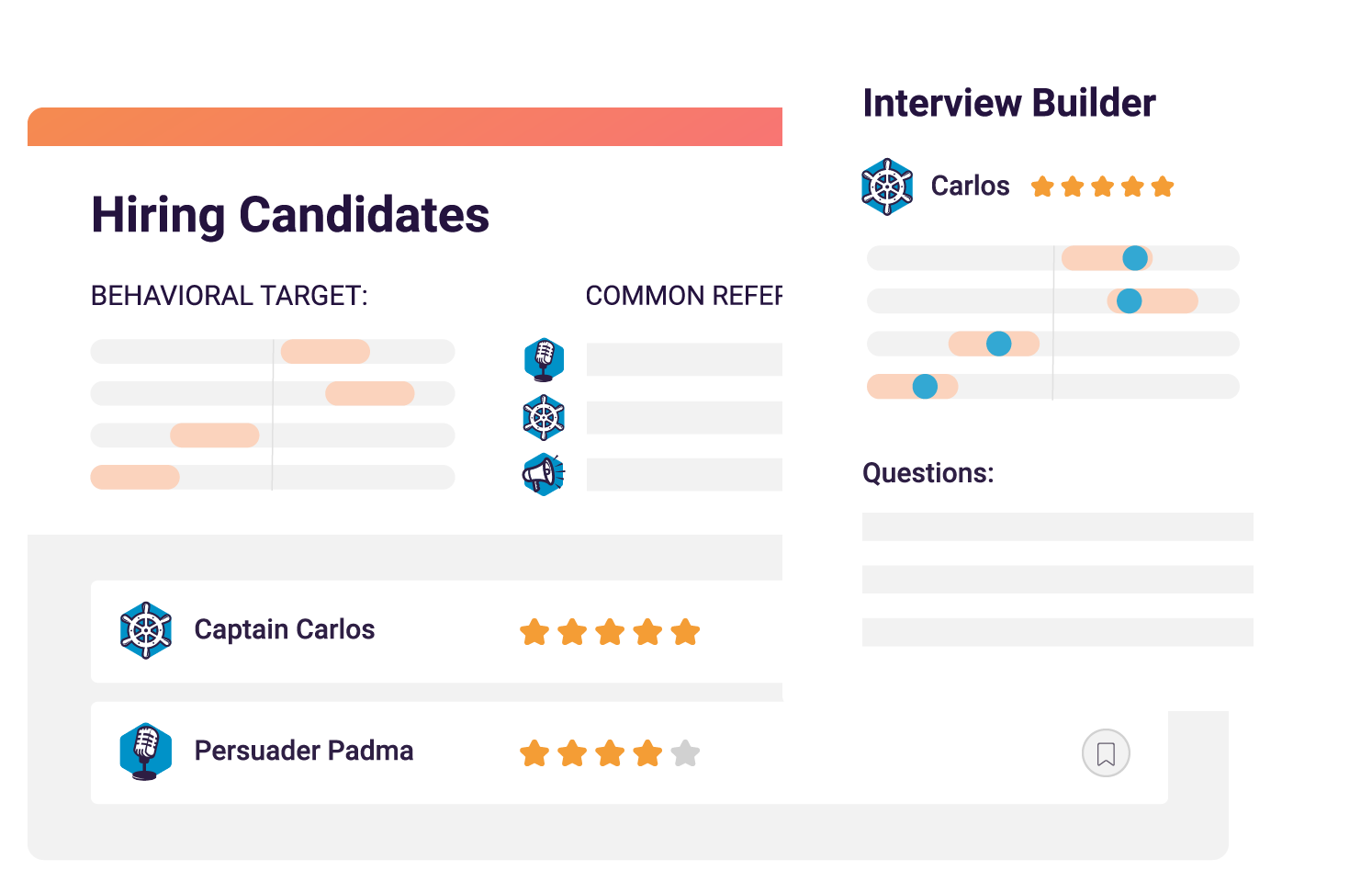There are certain behavioral traits that are common to all great accountants, whether the person is an individual tax professional or a CFO of a multibillion-dollar company.
Great accountants are detail-oriented, of course, or “high D” in Predictive Index speak. They must be thorough and precise—and comfortable living within rules and guidelines, thank you AICPA. (If you couldn’t guess, I’m an accounting manager at PI.)
Also, accountants lead with the left side of the brain: they’re logical, analytical, and drawn to numbers. This is really where accountants live—because when analyzing and reconciling, you must follow the patterns.
We’ve written about the raw skills and behaviors you should look for when looking to hire an accountant before. But there’s one behavioral trait that isn’t often associated with accountants. And while it’s not essential for on-the-job success, it’s certainly nice to have as an added bonus.

Great accountants are detail-oriented and extraverted.
One behavioral trait that isn’t often used to describe accountants is high extraversion. Extraversion is the drive for social interaction with other people.
Here at PI, we refer to the extraversion drive as the B drive; an extravert is “high B.”
The accounting field is often looked at as a heads-down industry where introverts go to thrive. While accountants do need to be comfortable doing heads-down work, that shouldn’t be their sole focus.
An accountant must be able to explain what they did in very simple terms. Whether speaking to upper management, outside auditors, or clients, communication is part of the job—and strong interpersonal skills are important. This is why an accountant with a natural drive for social interaction can be extra successful in this role.
Altruists can make excellent accountants.
When leaders create Job Targets in our software when hiring accountants, the PI Reference Profiles they look for most often are Specialist, Artisan, and Scholar. While all three profiles are high D (detail-oriented), they’re all low B (not extraverted).
My PI Reference Profile is Altruist. If you look at my behavioral pattern, you’ll see that I have a high D and also a high B. Actually, extraversion is my highest driving factor—in other words, it’s my strongest workplace behavior.
I believe my extraverted nature has been a strength during the four-plus years I’ve been at The Predictive Index. I get to work on cross-functional teams to determine how company decisions could possibly impact the finance team. My collaborative nature allows me to put PI’s goals first while also addressing how new tactics would flow through to the back of the house.
Around here, things move pretty quickly. Luckily, Altruists have are “low C” meaning they work at a fast pace. If you’re part of a rapid growth company too, you know that your sales team may very well double in size without ever adding a single accountant.
How is this possible?
It’s because even though the number of invoices and clients and products may be adding work to the accountants’ plate, great accountants constantly evolve and improve workflows to be more efficient. And the best accountants do this quickly while communicating exactly what it is they’re trying to achieve, both within the department and with various stakeholders.
Finally, Altruists are averse to risk, which is a trait you definitely want in your accountant!

Don’t be afraid to hire an extraverted accountant.
If you need to hire an accountant, you might want to include some collaborative “high B” skills when you create your Job Target. Of course, Specialists, Artisans, and Scholars can come in and do their job perfectly—I’ve seen it firsthand. But don’t shy away from hiring an extraverted accountant simply because you fear they may be too outgoing or get distracted from their work. Relationships are built on communication, and when your accountant is comfortable talking with stakeholders it can have a positive impact.
Our PI Hire tool—particularly its Interview Guide—can help you make sure you’re asking the right questions during the interview. If your Job Target is set to a low B, but you have a high B candidate who’s a great match otherwise, the Interview Guide provides interview questions you can ask to probe into the gap between the candidate’s behavioral pattern and your Job Target.
One thing we’re big on is the importance of self-awareness in the workplace. Every employee at PI has taken the behavioral assessment and knows their strengths and weaknesses. As long as your extraverted accountant is self-aware, their outgoing nature shouldn’t be a problem.
Join 10,000 companies solving the most complex people problems with PI.
Hire the right people, inspire their best work, design dream teams, and sustain engagement for the long haul.
There are a few big things to remember when hiring an accountant:
- Accountants are in high demand: If a candidate’s behavioral drives, cognitive ability, or skill set don’t fit well with what you’re looking for, just be honest. The last thing you want to do is make the wrong hiring decision.
- Choose your flavor: There are many different types of accountant jobs, from audit to tax to personal. Make sure you write a job description that’s specific to exactly what you’re looking for.
- Head, Heart, & Briefcase: You shouldn’t hire an accountant for their CPA license alone. Make sure to look at the whole person: cognitive, behavior, values, resume, skills. They should be a great job fit on multiple levels.
To learn more about hiring the whole person, watch a replay of our Head, Heart, Briefcase webinar.








